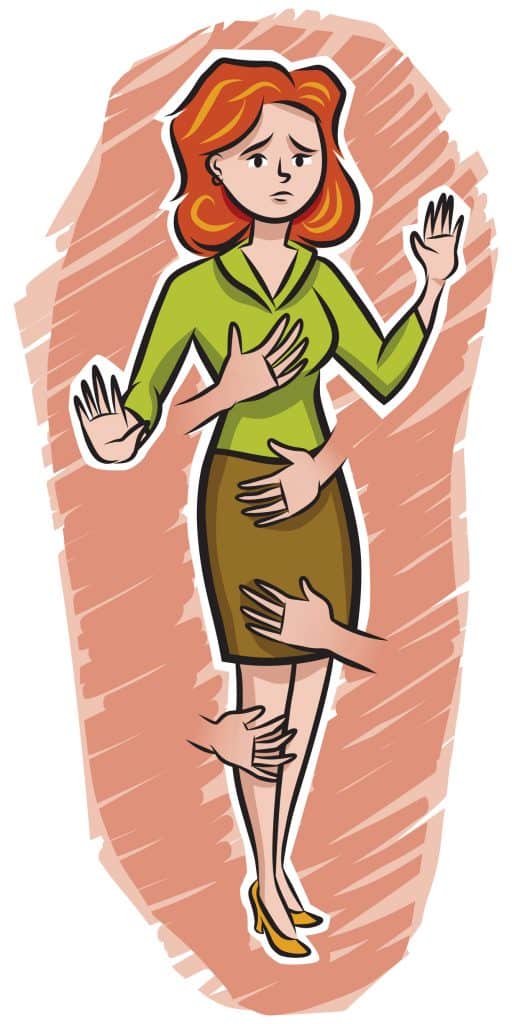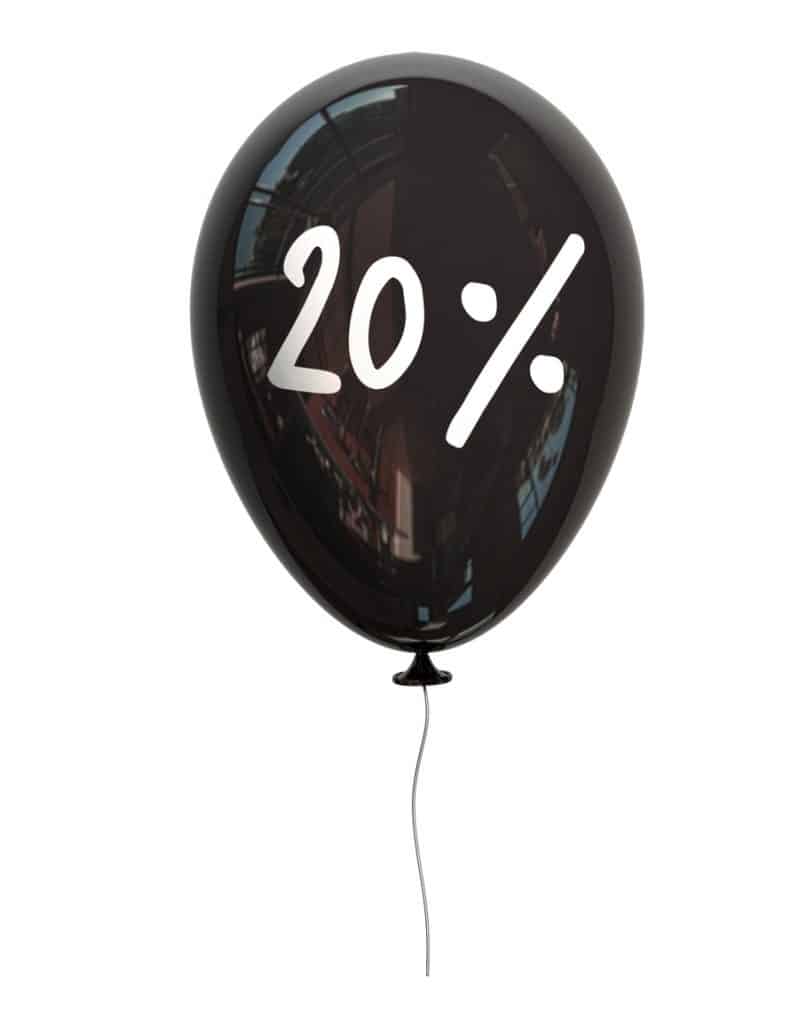In October 2018, the Australian Financial Review (AFR) reported (paywalled) on an occupational health and safety (OHS) investigation into overwork and staff fatigue being conducted by WorkSafe Victoria. The AFR has followed this with a report on June 6 2019 (paywalled) by its Legal Affairs Editor, Michael Pelly. It is a positive article about how the law firm, King, Wood & Mallesons (KWM) has improved its OHS performance since October last year. However there is much between the lines that hints at the OHS approach used and how limited it is.






 Earlier this week former chair of the Australian Government’s
Earlier this week former chair of the Australian Government’s